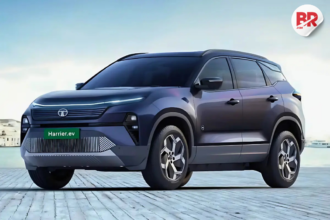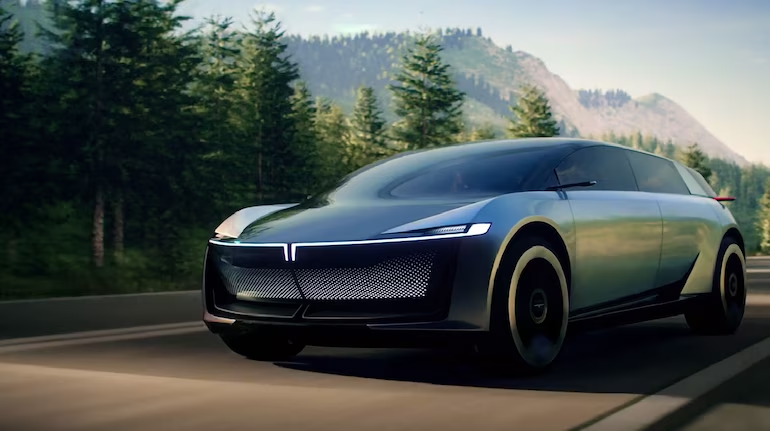
Ford is waking up to a harsh truth. CEO Jim Farley says China is way ahead in the electric vehicle (EV) race. At the Aspen Ideas Festival on June 27, 2025, he said, “It’s the most humbling thing I have ever seen.” His words are a wake-up call for all American carmakers.
China’s EVs Are Smarter and Cheaper
Farley praised Chinese EVs for their amazing in-car technology. “You don’t need to pair your phone. Everything just works,” he said. He was talking about the Xiaomi Speed Ultra 7 (SU7), which he drove for six months. It was shipped from Shanghai to Chicago just for testing.

In China, big tech brands like Huawei and Xiaomi are inside every car. Your digital life gets mirrored the moment you sit in. In the U.S., tech companies like Apple and Google are not directly making cars, so the tech isn’t as smooth.
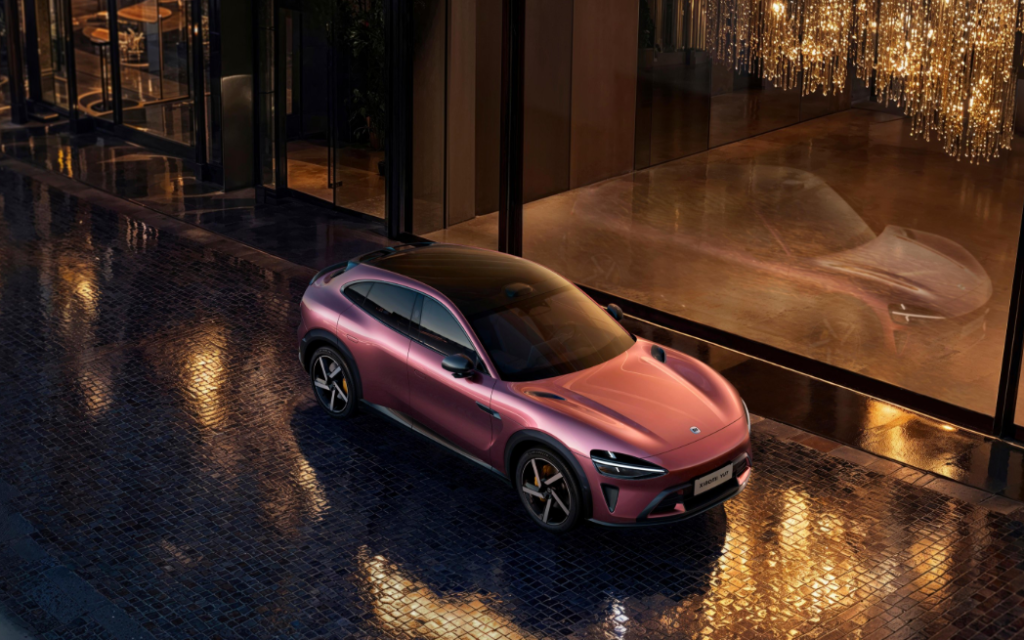
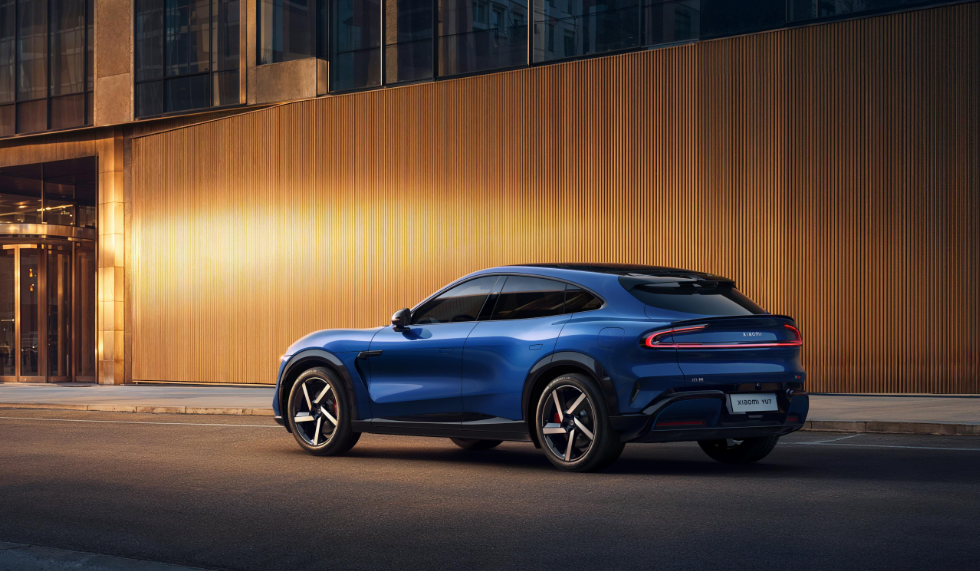
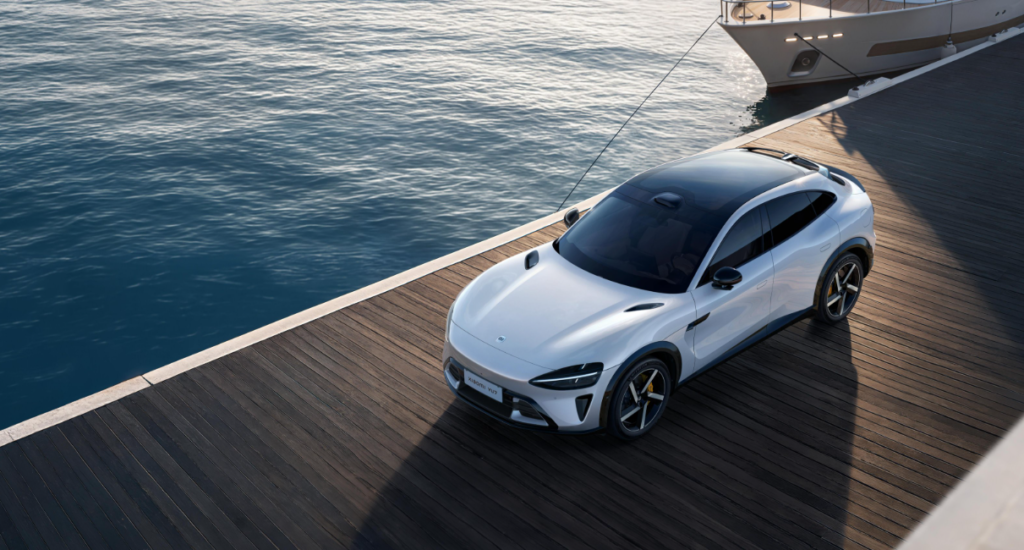
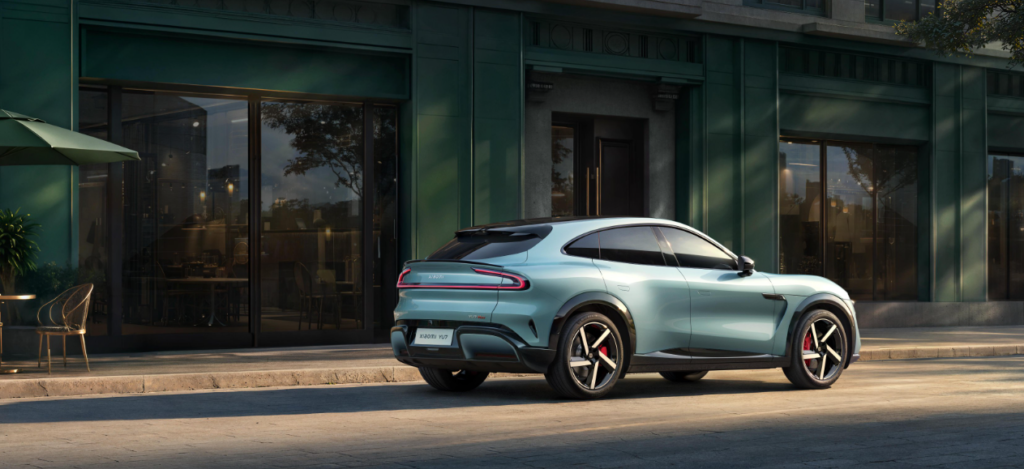
Price vs Quality: China Wins
China makes about 70% of the world’s EVs. Their production is fast, efficient, and low-cost—but still high-quality. Farley gave an example: Xiaomi’s new YU7 SUV. It costs only $35,000 but beats Tesla’s Model Y priced at $36,760. Over 200,000 people have already ordered it.
Ford Changes Gears
Ford is now changing direction. In August 2024, Ford CFO John Lawler announced they are moving $2 billion from fully electric SUV plans to hybrid vehicles. The reason? American buyers are not fully ready for EVs. Hybrids mix fuel with electric, giving a middle path.
This move also helps Ford deal with China’s low-cost EVs. But it’s not just about price. The real challenge is matching China’s technology and speed in making cars.
A Bigger Battle Ahead
Farley didn’t hold back. “If we lose this, we do not have a future Ford,” he said. The U.S. is in a global competition not just in EVs but in the entire auto space. Chinese policies support EV growth. The U.S. has complex rules and slower incentives.
What This Means for Buyers
All this competition could mean better cars for everyone. Expect more features, better designs, and maybe lower prices. But in the short term, companies like Ford will have to work harder and faster to catch up.
With cars like the Xiaomi YU7 offering 373-mile range and top speed at just 3,280 pounds, the future is already here. It’s now up to U.S. automakers to close the gap.
Also Read BYD, World’s Top EV Maker, Slows Production and Delays Expansion Amid Sales Slump









